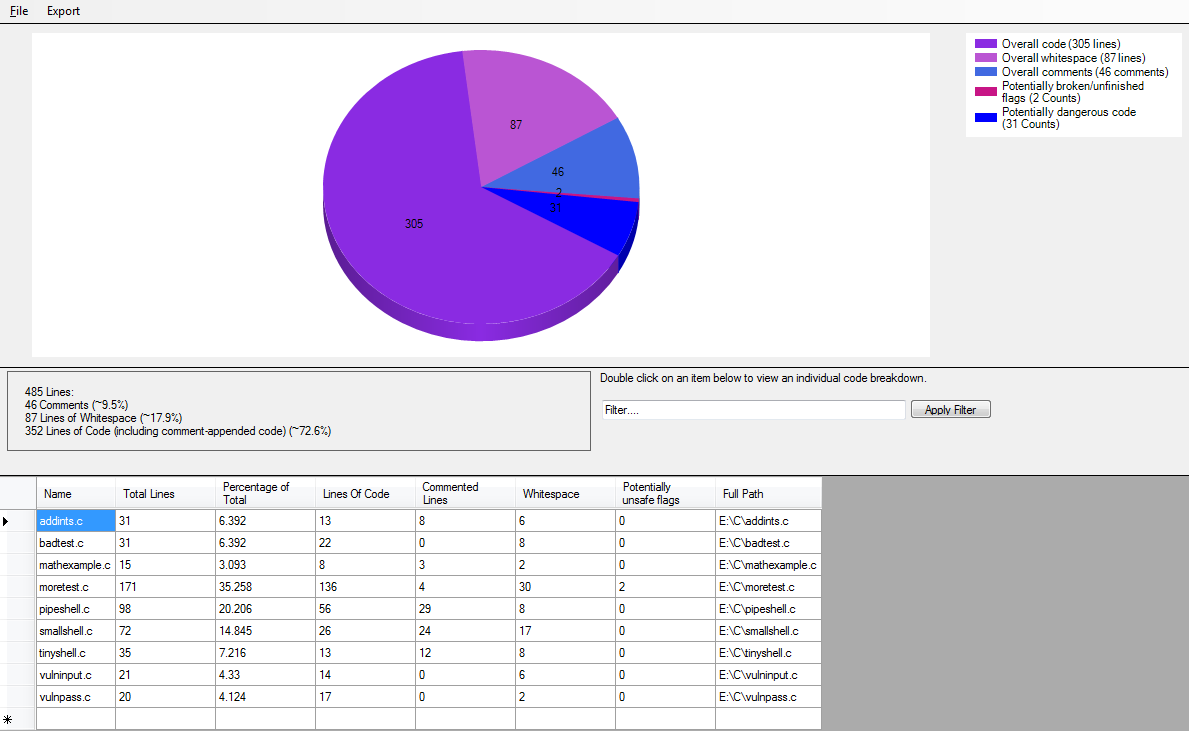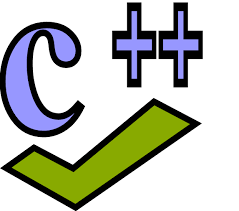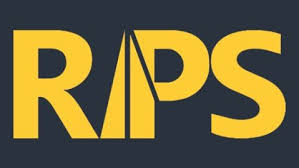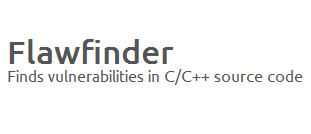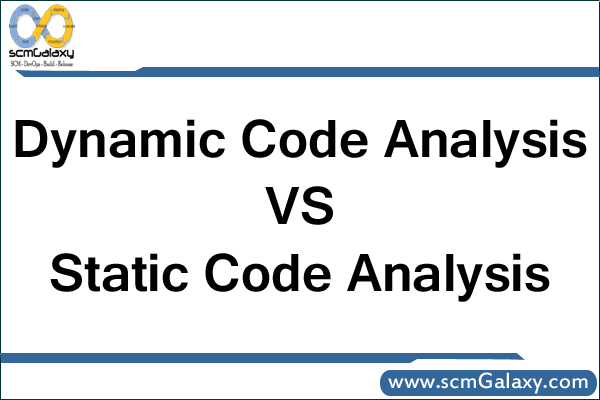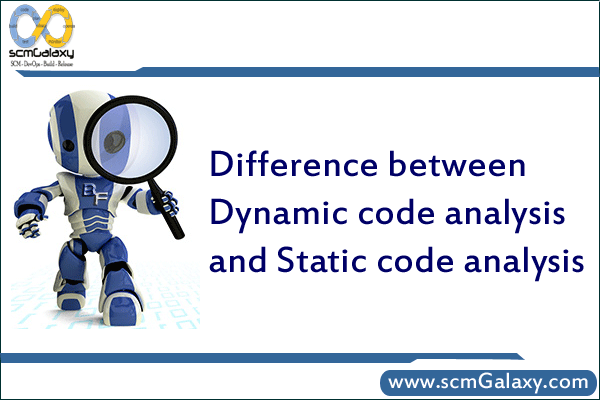Software security is a very important concern for todays Software market and for that you need to do code analysis in the development lifecycle. Now we can not imagine ourselves to sit back and do manual reading each line of codes and find issues and bugs. Those days of manual review in the software development lifecycle to find the flaws in the codes are over now.
Now the mindsets has changed and developing quality & secure code from the beginning is on rise. This is the time of automation and developers & programmers are now shifting towards the adoption of tools which auto detects the flaws as soon as possible in the software development lifecycle.
As the process shifting towards the automation, static code analysis (SCA) has become an important part of creating quality code. Now the question here is, What is Static Code Analysis?
Static Code Analysis is a technique which quickly and automatically scan the code line by line to find security flaws and issues that might be missed in the development process before the software or application is released. It functions by reviewing the code without actually executing the code.
There are three main benefits of Static analysis tools
1. Automation — Automation can save your time and energy which ultimately means you can invest your time and energy in some other aspects of development lifecycle, which will help you to release your software faster.
2. Security — Security is also one of the major concern and by adopting Static analysis you can cut the doubt of security vulnerabilities in your application, which will ensure that you are delivering a secure and reliable software.
3. Implementation — Static analysis can be implemented as early in the software development lifecycle (SDLC) as you have code to scan, it will give more time to fix the issues discovered by the tool. The best thing of static analysis is that it can detect the exact line of code that’s been found to be problematic.
There are so many Static code analysis tools are available to ease our work but to choose good tools among them is really a challenging task. I have done some research and providing you the list of top 10 static code analysis tools:-
Visualcodegreeper is an open source automated code security review tool which works with C++, C#, VB, PHP, Java and PL/SQL to track the insecurities and different issues in the code. This tool rapidly review and depicts in detail the issues it discovers, offering a simple to use interface. It allows custom configurations of queries and it’s updated regularly since its creation (2012).
2. Coverity
Coverity is also an open source static code analysis tool which supports C, C++, C#, Objective-C, Java, Javascript, node.JS, Ruby, PHP & Python. It is an excellent static analysis product with support of 100 compilers & detailed and clear description of the code issues you can use it in your desktop environment to quickly find and resolve the errors before checking in the code.
3. Veracode
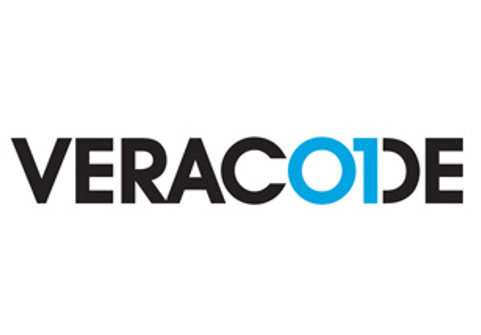
Veracode is also one of the best static code analysis tool which can find security flaws in application binary code – compiled or “byte” code even when the consideration of source code is not available. Veracode supports multi-languages which includes .NET (C#, ASP.NET, VB.NET), Java (Java SE, Java EE, JSP), C/C++, JavaScript (including AngularJS, Node.js, and jQuery), Python, PHP, Ruby on Rails, ColdFusion, Classic ASP, including mobile applications on the iOS and Android platforms and written in JavaScript cross platform frameworks.
4. YASCA

“Yet Another Source Code Analyzer (YASCA)” is an open source stactic code analysis tool which supports HTML, Java, JavaScript, .NET, COBOL, PHP, ColdFusion, ASP, C/C++ and some other languages. It is an easy to extend and a flexible tool which can integrate with variety of other tools which includes CppCheck, Pixy, RATS, PHPLint, JavaScript Lint, JLint, FindBugs and various others.
5. Cppcheck
Cppcheck is an open source static code analysis tool for C/C++. Cppcheck basically identifies the sorts of bugs that the compilers regularly don’t recognize. The objective is to identify just genuine mistakes in the code. It provides both interface command line mode and graphical user interface (GUI) mode and has possiblitites for environment integration. Some of them are Eclipse, Hudson, Jenkins, Visual Studio.
Clang is also one of the best static code analysis tool for C, C++ and objective-C. This analyzer can be run either as standalone tool or within Xcode. It is an open source tool and a part of the clang project. It utilizes the clank library, hence forming a reusable component and can be utilized by multiple clients.
RIPS is a static code analyzer tool to detect different types for security vulnerabilities in PHP codes. RIPS also provide integrated code audit framework for manual analysis. It is an open source tool too and can be controlled via web interface.
8. Flawfinder
Flawfinder is also one of the best static analysis tool for C/C++. This tool is easy to use and wel designed. It reports possible security vulnerabilities sorted by risk level. It is an open source tool written in python and use command line interface.
9. DevBug
DevBug is an online PHP static code analyser which is very easy to use and written on Javascript. It was intended to make essential PHP Static Code Analysis accessible on the web, to raise security mindfulness and to incorporate SCA into the development procedure. This analyser tool is also available in open source.
SonarQube is one of the best and well known open source web based static code analysis tool, it can scan projects written in many different programming languages including ABAP, Android (Java), C, C++, CSS, Objective-C, COBOL, C#, Flex, Forms, Groovy, Java, JavaScript, Natural, PHP, PL/SQL, Swift, Visual Basic 6, Web, XML, Python and also allows a number of plug ins. What makes SonarQube really stand out is that It provides metrics about your code which will to help you to take the right decision and translates these non-descript values to real business values such as risk and technical debt.
So, above we mentioned top selective static code analysis tools which can be helpful, but if you think this lists should contain some other tools than feel free to share in comment box.
Tagged : analysis / Best / Best Static Code analysis tools / Code / Code analysis / Code analysis tools / list / Lst of Static Code analysis tools / Static / Static Code analysis tools / Static code analyzer / Testing / tool / Top / Top Static Code analysis tools

